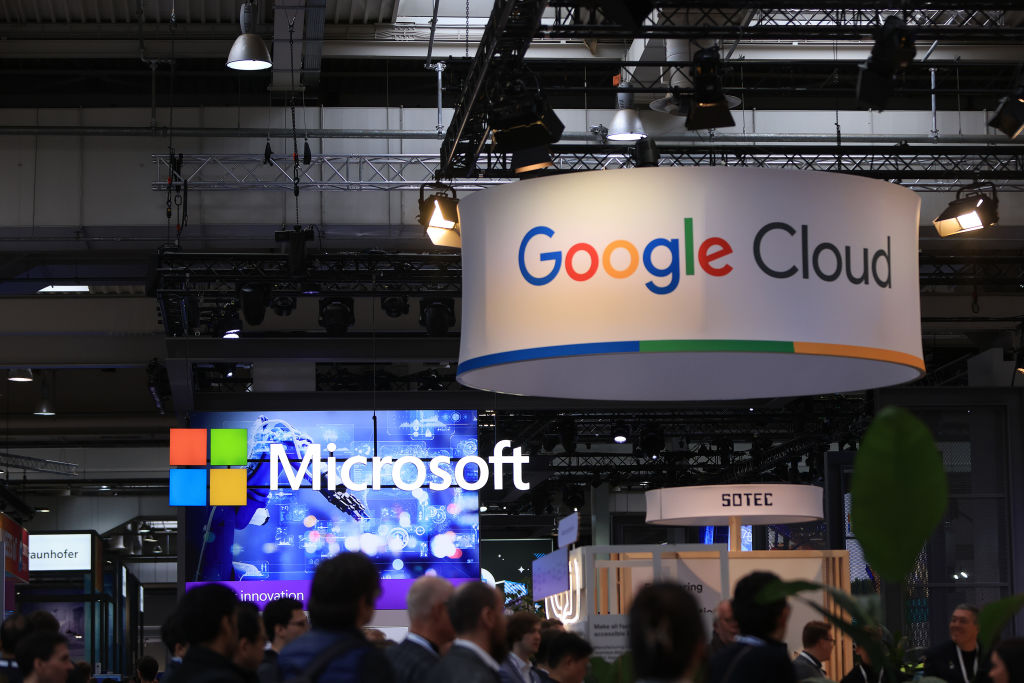Google settles $5 billion privacy lawsuit ahead of cookie phase-out
Google has agreed to settle a $5 billion lawsuit over claims it covertly tracked millions of users

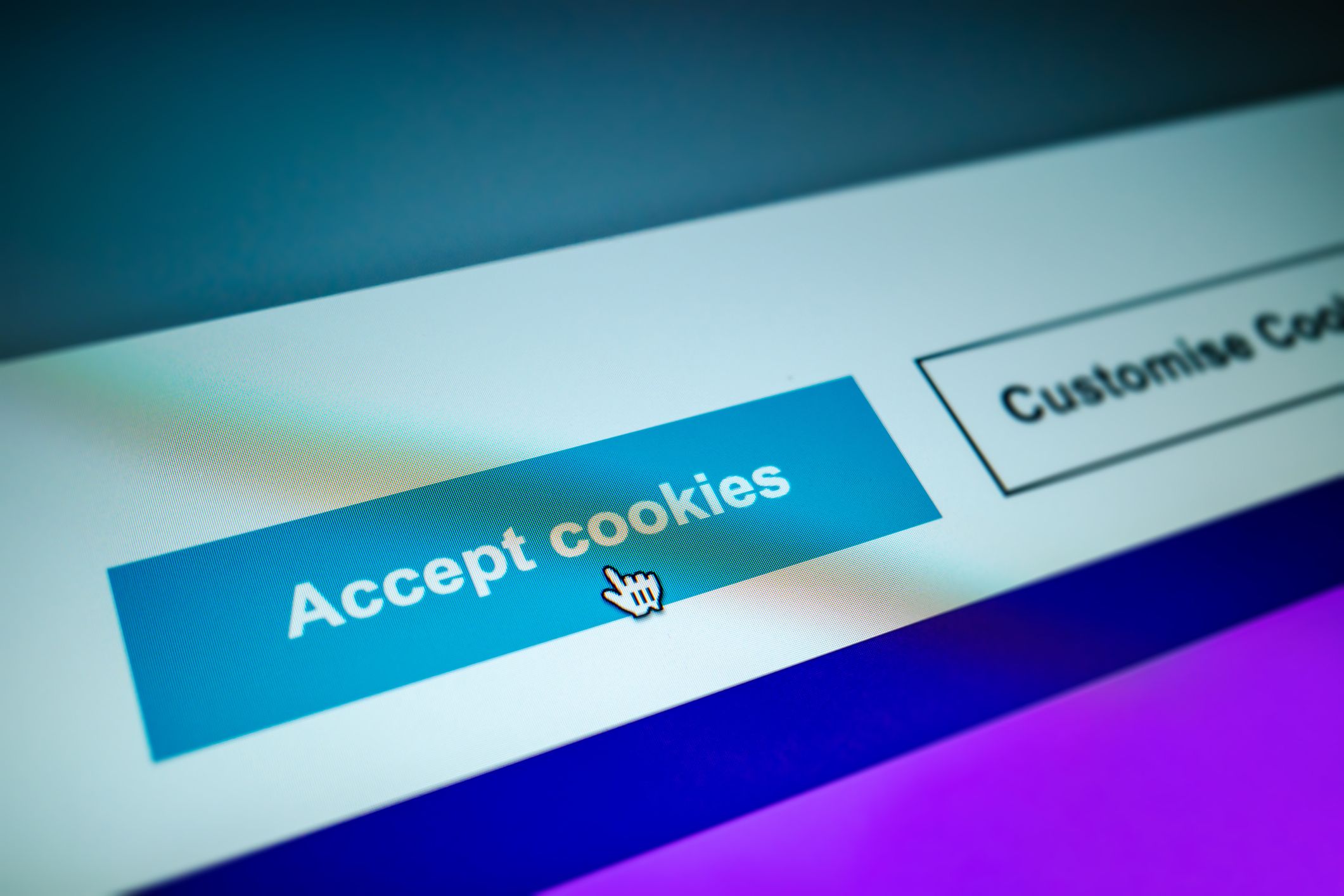
Sign up today and you will receive a free copy of our Future Focus 2025 report - the leading guidance on AI, cybersecurity and other IT challenges as per 700+ senior executives
You are now subscribed
Your newsletter sign-up was successful
Google has agreed to settle a $5 billion consumer privacy lawsuit penalizing the company for alleged intrusive tracking policies.
The class action lawsuit claimed Google’s systems allowed the company to track user activity even while they were using private browsing mode on Chrome.
The lawsuit, Brown et al v Google LLC et al, was initially filed in 2020 and sought a minimum of $5,000 in damages per user for violating federal wire-tapping and California’s privacy laws.
Google tried to have the case dismissed in August 2023, claiming users were adequately informed of the data collection taking place when browsing the web, but this bid was rejected.
“Incognito mode in Chrome gives you the choice to browse the internet without your activity being saved to your browser or device”, Google spokesperson Jose Castaneda told Reuters.
“As we clearly state each time you open a new incognito tab, websites might be able to collect information about your browsing activity during your session."
The terms of the settlement were not disclosed, with the formal settlement expected to be submitted for court approval by 24 February 2024.
Sign up today and you will receive a free copy of our Future Focus 2025 report - the leading guidance on AI, cybersecurity and other IT challenges as per 700+ senior executives
The end of an era for cookies but not tracking
Google recently announced its plans to begin the roll-out of its alternative web tracking system in October 2023, whereby the company will remove full-scale support for third-party cookies in Chrome starting in Q3 2024.
Google will replace cookies with its Topics API system. This system will create browser profiles for users based on their session activity, which websites will be able to view to inform their advertising campaigns, without revealing information specific to the user.
The user profiles will reflect areas or topics they are interested in, but Google says websites will only be served these areas of interest and not additional information about the user or their browsing activity.
This shift would put an end to websites using cookies to follow visitors as they surf the web, but will continue to involve Google recording user activity in order to generate consumer profiles for advertisers.
Speaking to ITPro on the consequences of the transition to cookieless web browsing, chief experience officer at GOA Marketing Luke Boudour noted Google’s solution will try to minimize the impact on its primary revenue source.
RELATED RESOURCE

Discover how Zscaler safely enables the use of cloud applications with CASB functionality
DOWNLOAD NOW
“The key thing for me is that Google has been discussing and working on solutions to remove cookies for a number of years now, and therefore we can be sure that its solution is one that will impact its ad business the least; it's what pays for everything after all.”
“There will likely be some improvement to user privacy for those that opt out of cookies by giving advertisers less to target you with, but I don't expect this will overall impact digital marketing efforts. Swathes of advertisers are already utilizing first party data more and more in preparation for moves like this, so whilst there will be some disruption I don't anticipate it will cause as many headaches as Apple ITP did for example."

Solomon Klappholz is a former staff writer for ITPro and ChannelPro. He has experience writing about the technologies that facilitate industrial manufacturing, which led to him developing a particular interest in cybersecurity, IT regulation, industrial infrastructure applications, and machine learning.
-
 Microsoft Copilot bug saw AI snoop on confidential emails — after it was told not to
Microsoft Copilot bug saw AI snoop on confidential emails — after it was told not toNews The Copilot bug meant an AI summarizing tool accessed messages in the Sent and Draft folders, dodging policy rules
-
 Cyber experts issue warning over new phishing kit that proxies real login pages
Cyber experts issue warning over new phishing kit that proxies real login pagesNews The Starkiller package offers monthly framework updates and documentation, meaning no technical ability is needed
-
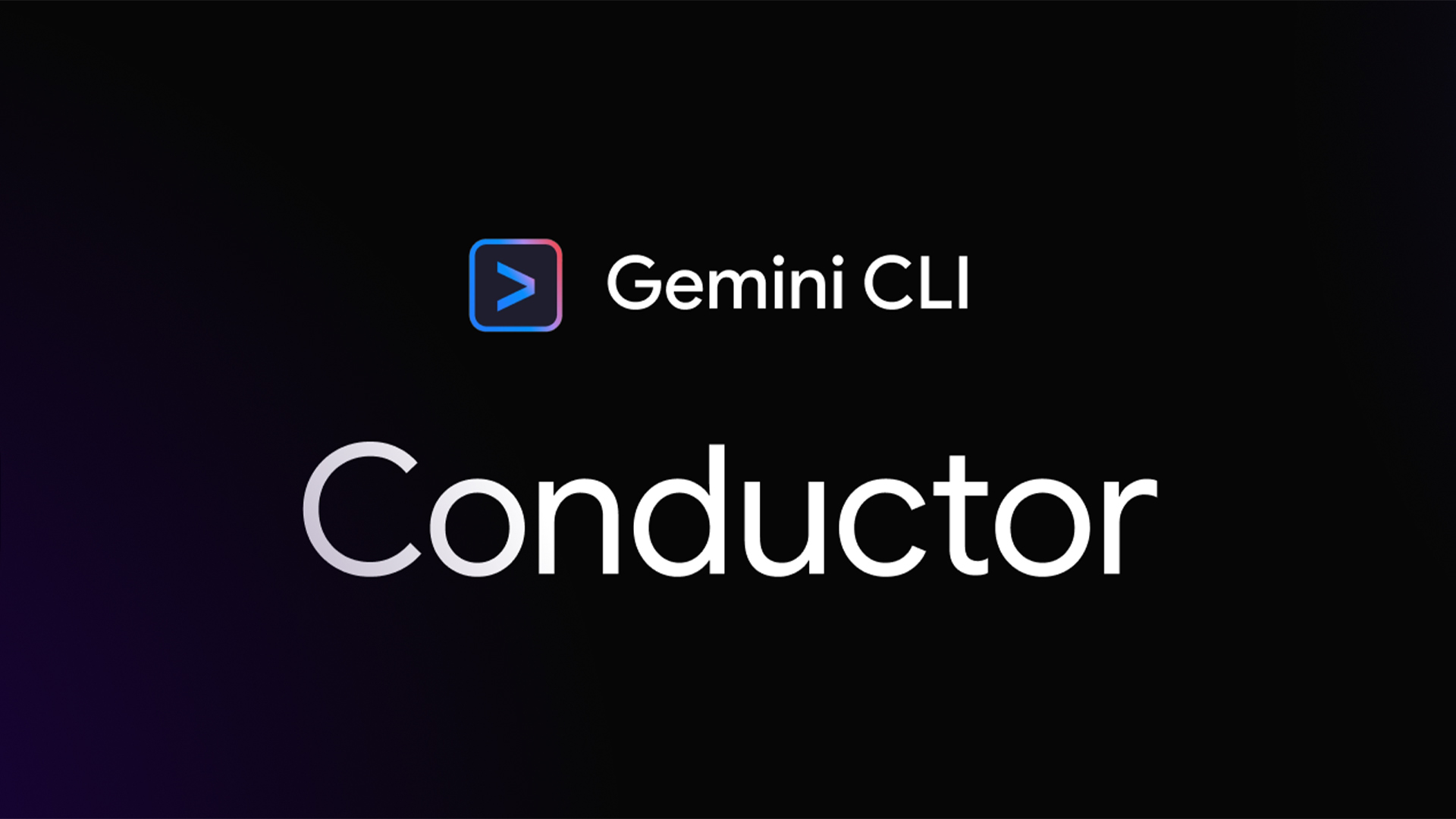 Automated code reviews are coming to Google's Gemini CLI Conductor extension – here's what users need to know
Automated code reviews are coming to Google's Gemini CLI Conductor extension – here's what users need to knowNews A new feature in the Gemini CLI extension looks to improve code quality through verification
-
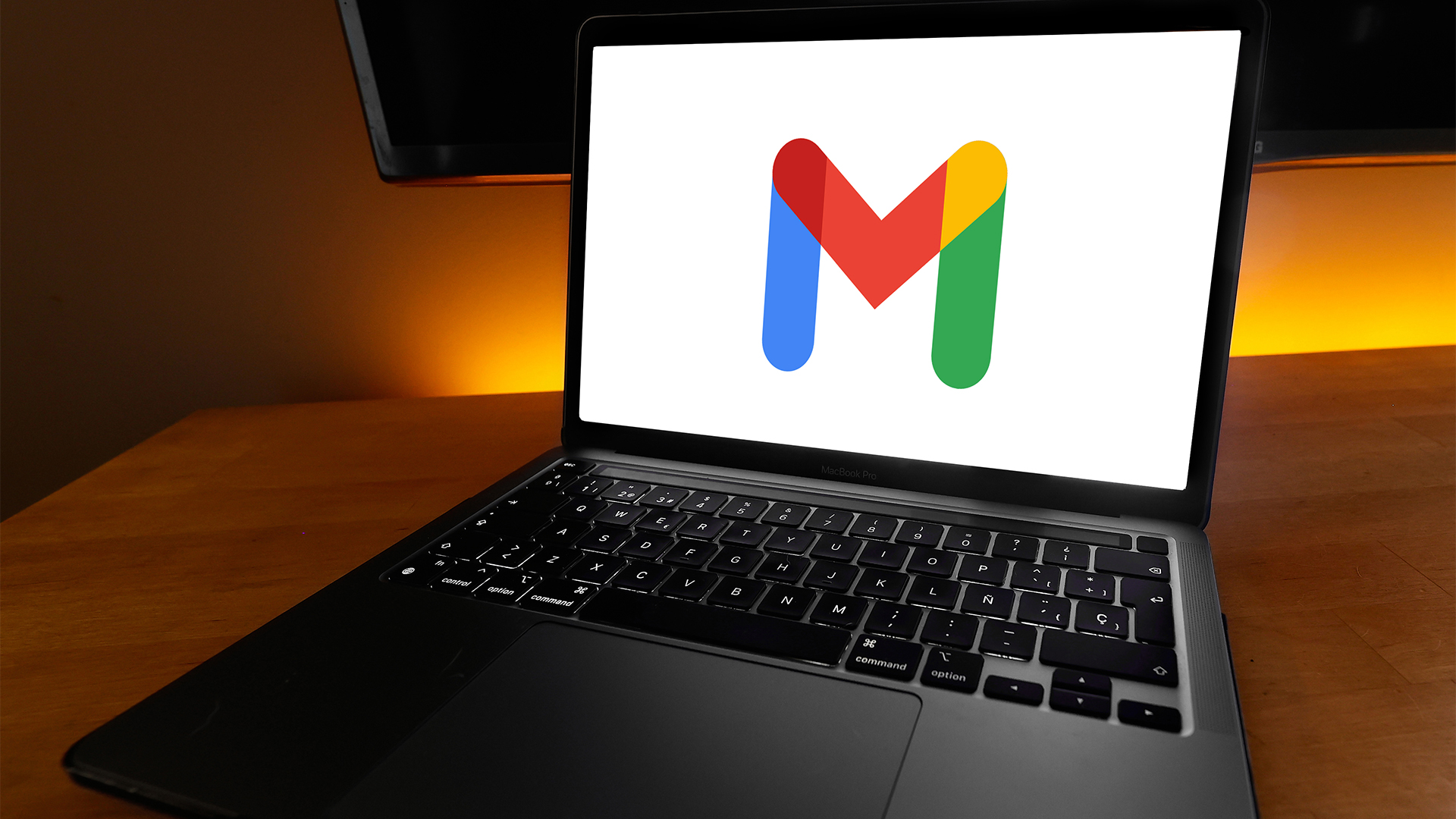 New Gemini features are coming to Gmail, but don't worry, you can switch them off – Google says they're not a 'forced requirement' and users can opt for the classic version
New Gemini features are coming to Gmail, but don't worry, you can switch them off – Google says they're not a 'forced requirement' and users can opt for the classic versionNews Google has announced plans for deeper AI integration within Gmail to help users automate inboxes, here's how to turn the features off.
-
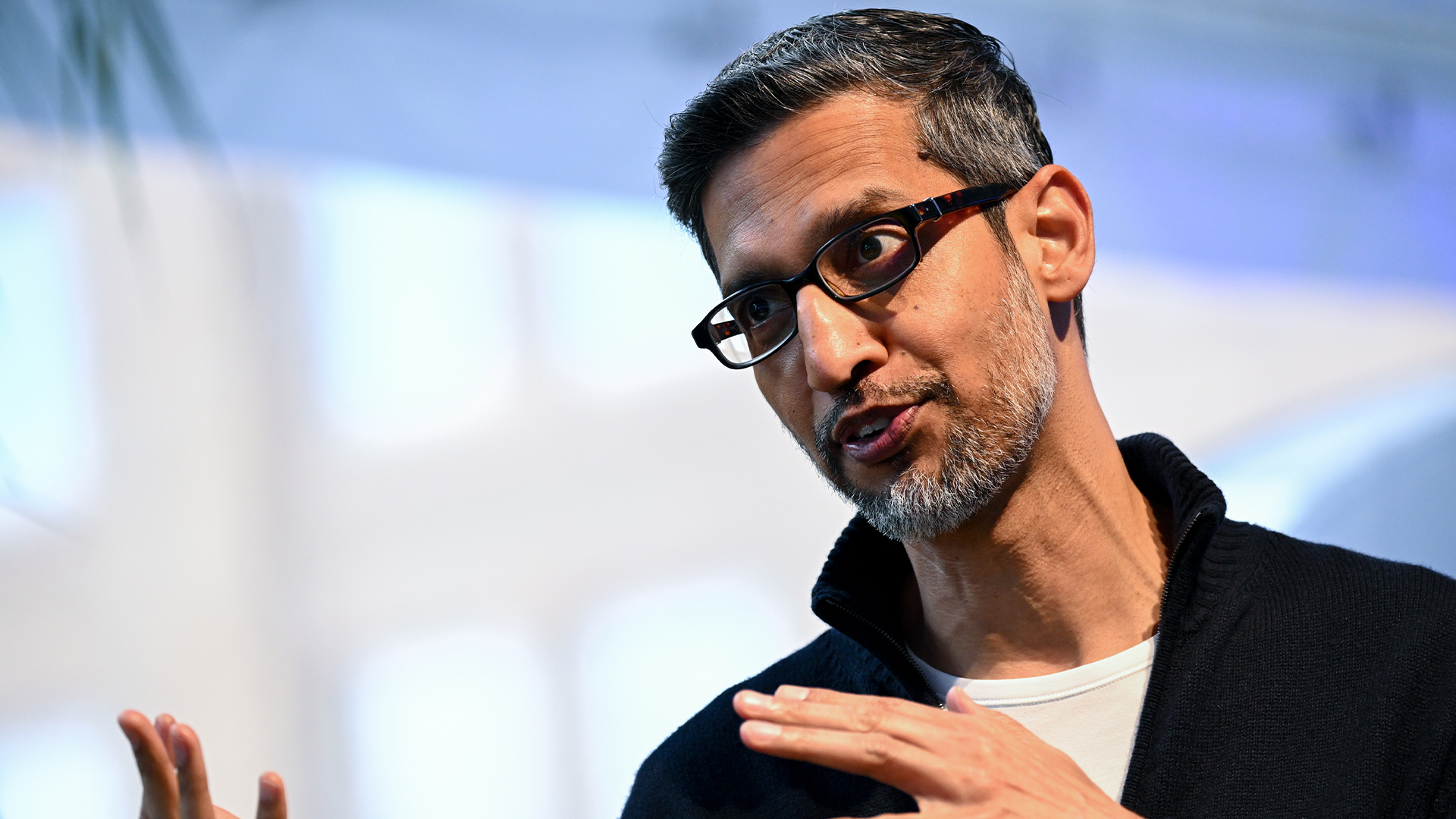 Google CEO Sundar Pichai thinks software development is 'exciting again' thanks to vibe coding — but developers might disagree
Google CEO Sundar Pichai thinks software development is 'exciting again' thanks to vibe coding — but developers might disagreeNews Google CEO Sundar Pichai claims software development has become “exciting again” since the rise of vibe coding, but some devs are still on the fence about using AI to code.
-
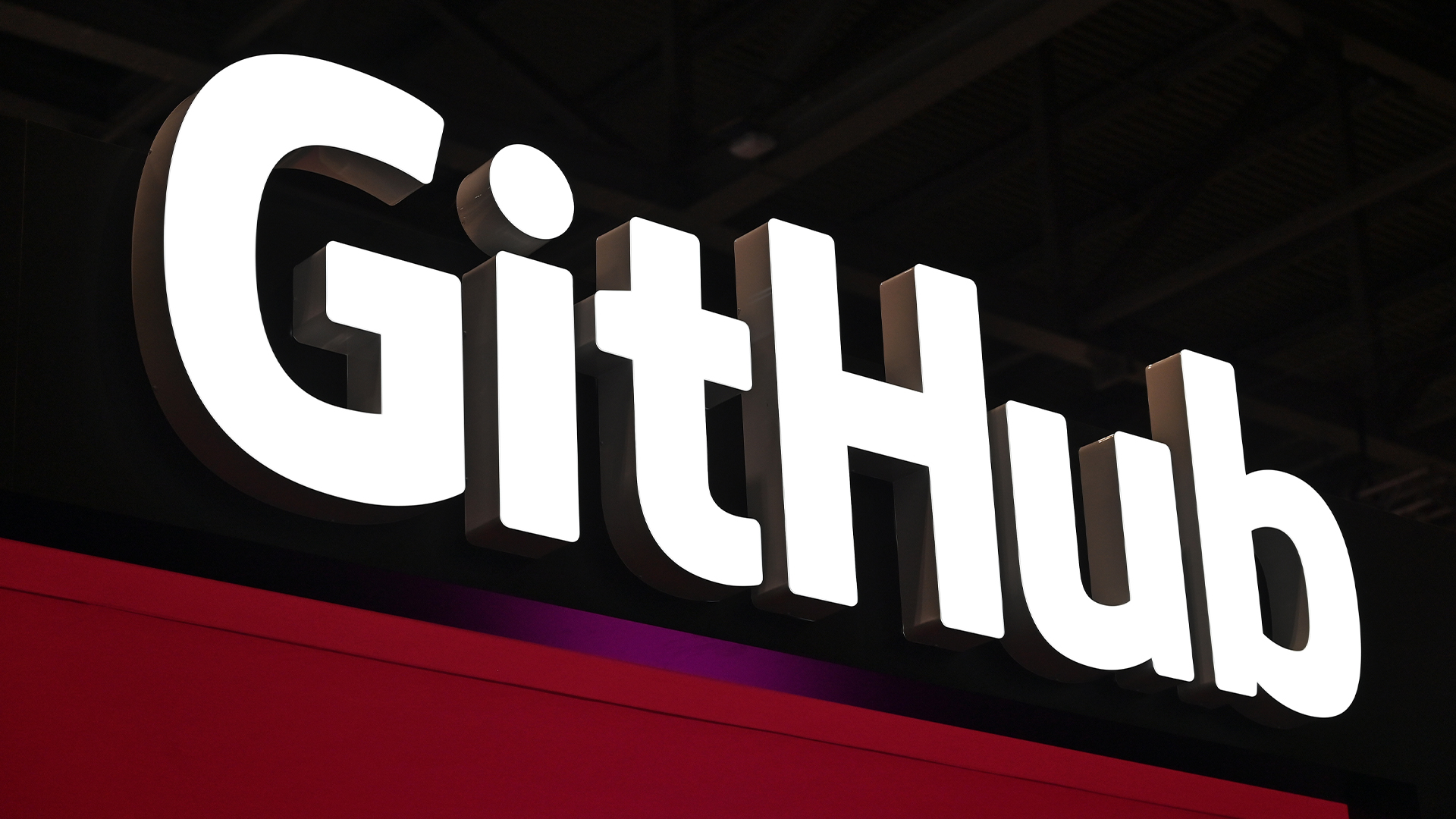 GitHub is scrapping some Claude, OpenAI, and Gemini models in Copilot – here's what you need to know and what alternatives are available
GitHub is scrapping some Claude, OpenAI, and Gemini models in Copilot – here's what you need to know and what alternatives are availableNews GitHub Copilot users are urged to switch to the newer models following the retirement cut-off
-
 UK government programmers trialed AI coding assistants from Microsoft, GitHub, and Google – here's what they found
UK government programmers trialed AI coding assistants from Microsoft, GitHub, and Google – here's what they foundNews Developers participating in a trial of AI coding tools from Google, Microsoft, and GitHub reported big time savings, with 58% saying they now couldn't work without them.
-
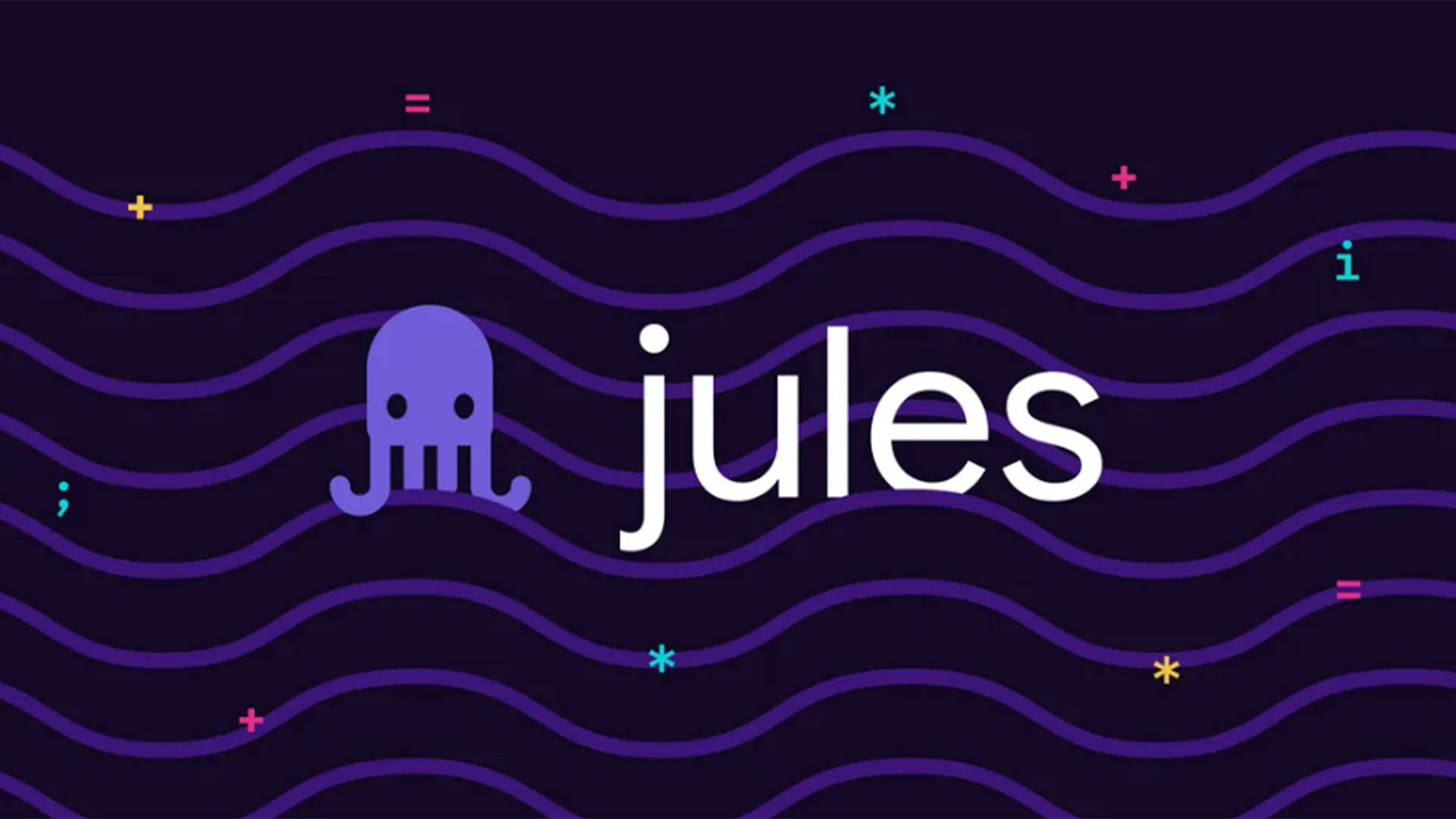 Google's new Jules coding agent is free to use for anyone – and it just got a big update to prevent bad code output
Google's new Jules coding agent is free to use for anyone – and it just got a big update to prevent bad code outputNews Jules came out of beta and launched publicly earlier this month, but it's already had a big update aimed at improving code quality and safety.
-
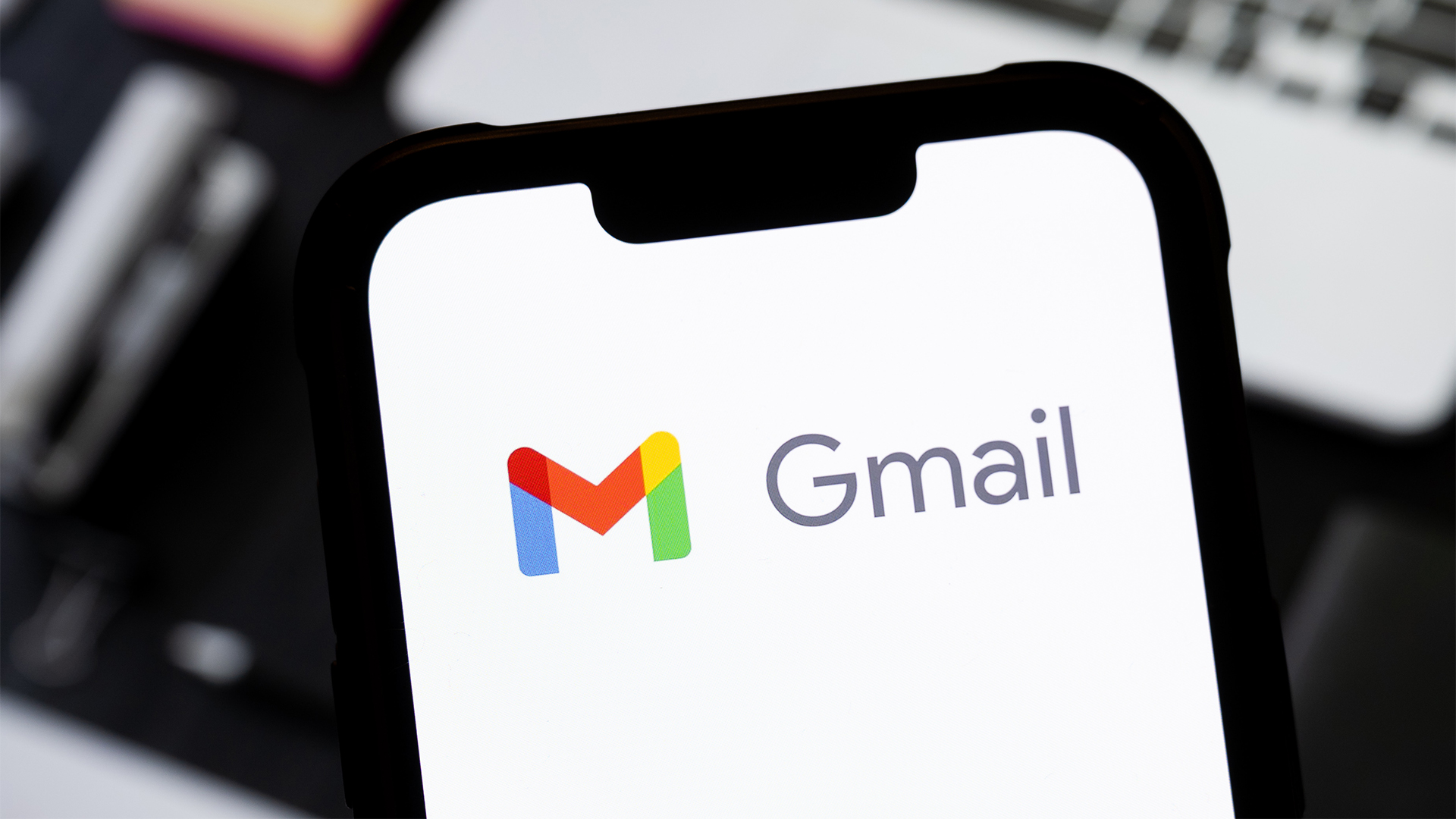 This handy new Gmail feature is exactly what you need to clean up your inbox
This handy new Gmail feature is exactly what you need to clean up your inboxNews A simple change in Gmail will give users more control over repeat senders
-
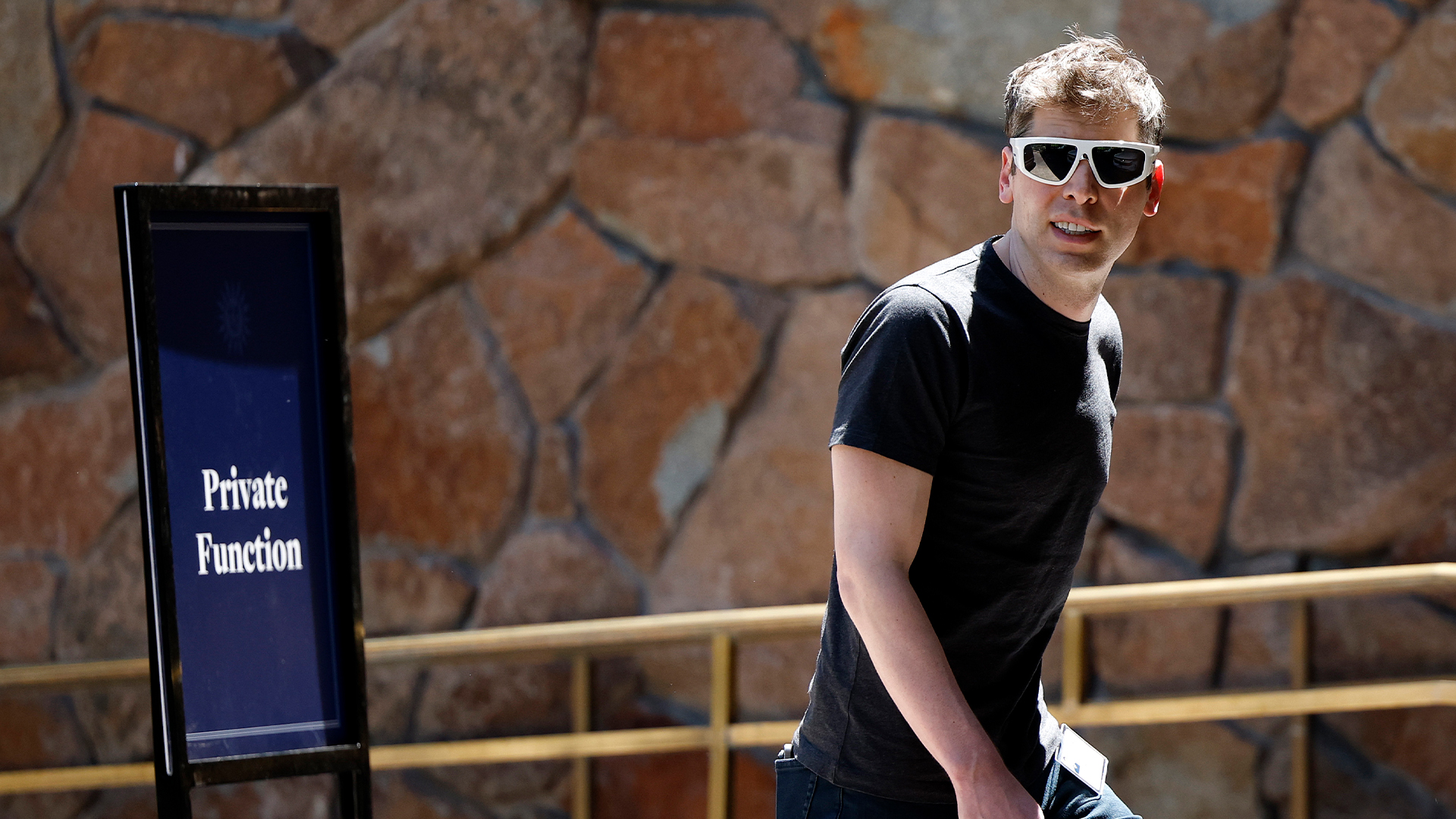 OpenAI's plan to acquire AI coding startup Windsurf ended in disaster – here’s how the deal fell apart
OpenAI's plan to acquire AI coding startup Windsurf ended in disaster – here’s how the deal fell apartNews The acquisition by Cognition comes after a rumored $3bn offer from OpenAI fell through
